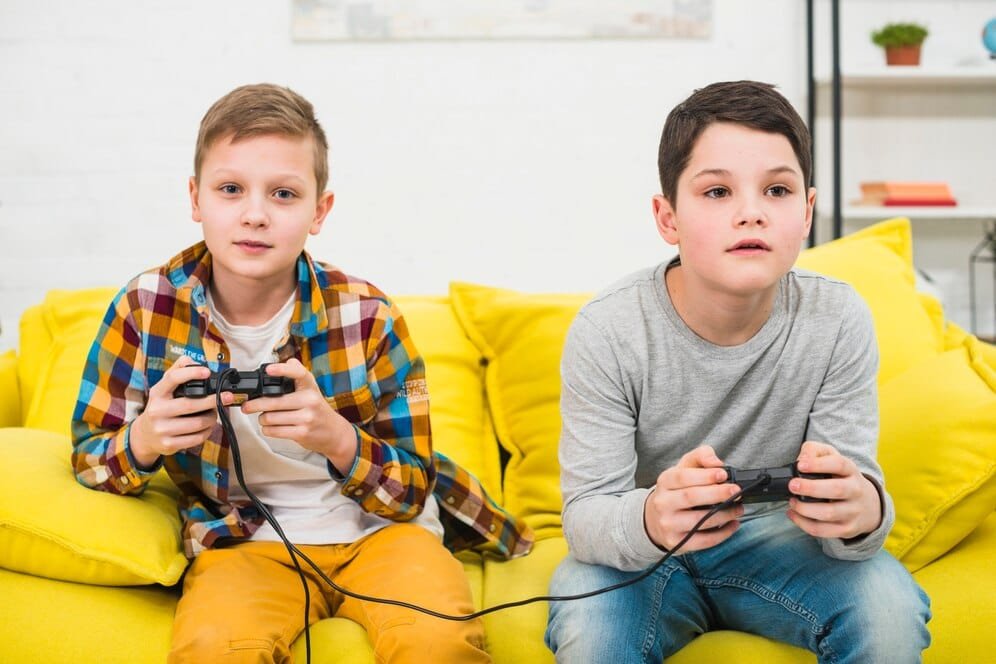Use tools to help balance gaming time, ensuring it doesn’t interfere with studies and social life.
According to the Office of Communications (Ofcom), approximately 57% of children aged 3-15 and 38% of UK adults aged 16+ engage in online gaming. Although the average time spent on gaming decreased from 8 hours 16 minutes per week in Q2 2022 to 7 hours 11 minutes in Q2 2023, the prevalence of online gaming among children remains significant.
This highlights the need for parents to use some ways to ensure that gaming activities do not interfere with their children’s education and social development.
To help parents navigate this challenge, here are some insights and recommendations on managing children’s gaming time effectively. And also foor helping on gaming expenses utilizing tools like Neosurf prepaid money to limit it.
Psychologists and educators often emphasize the importance of balance. Dr. Jane Smith, a child psychologist, notes that excessive gaming can decrease academic performance and hinder social skills development. However, she also points out that moderate gaming can improve cognitive skills and provide social interaction in a controlled environment.
Some good recommendations for parents are:
- Establish specific times for gaming, homework, and family activities. Consistency helps children understand expectations and manage their time better. Tools like Neosurf can help enforce these boundaries by limiting game access.
- Various apps and tools can help monitor and limit gaming time. These include built-in console settings and third-party applications that provide detailed reports on gaming activities. Neosurf is one such tool that parents can use to control expenditures and access.
- Parents should discuss the potential risks of online gaming, such as exposure to inappropriate content and cyberbullying, as well as its benefits, like problem-solving skills and teamwork.
- Understanding the difference in impact on various age groups is crucial. Games suitable for children aged 3-7 differ from those for teenagers aged 12-15. Tailoring the gaming content to the child’s age can enhance the positive effects and minimize negative impacts. Neosurf can help manage the type and amount of games purchased for different age groups.
- Many schools and government bodies provide guidelines on healthy gaming habits. For instance, limiting screen time to no more than two hours per day can help prevent the negative consequences of excessive gaming.
Parents need to recognize signs of gaming addiction, such as irritability when not playing, neglecting responsibilities, and social withdrawal. If these signs appear, consulting with a child psychologist can provide strategies for intervention and recovery.
Now, check the best practices for healthy gaming habits:
- Implement daily or weekly gaming time limits. For example, allowing one hour of gaming daily after homework and chores can help maintain balance.
- Tools like Neosurf prepaid cards can limit the time and money spent on games, preventing overspending and encouraging children to make thoughtful decisions about their gaming habits.
By following these guidelines, parents can help their children enjoy online gaming safely and responsibly. Ensuring that gaming remains a part of a balanced lifestyle will contribute to their overall well-being and development.

 Technology2 years ago
Technology2 years ago
 Health2 years ago
Health2 years ago
 Celebrity1 year ago
Celebrity1 year ago
 Celebrity1 year ago
Celebrity1 year ago
















